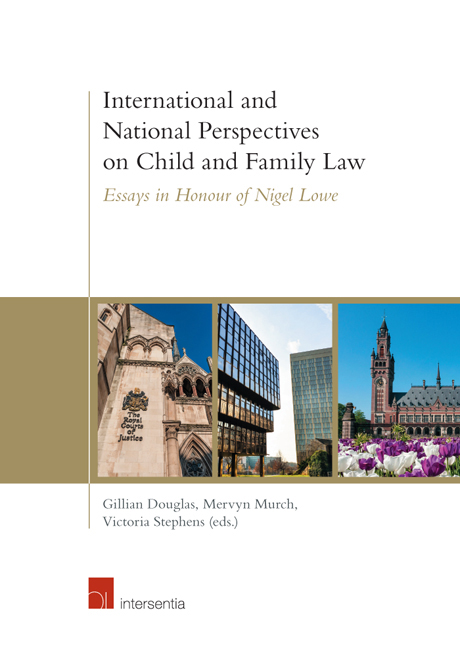Introduction: Nigel Vaughan Lowe: An Appreciation
Published online by Cambridge University Press: 12 October 2018
Summary
As a young lad Nigel used to collect train numbers. That was in the 1960s in the last days of British Rail steam engines. With other boys he would travel all over the country in search of some rare engine – perhaps a GWR Castle, a LMS Coronation or an elusive ‘Black Five’. So determined was he that he would sometimes trespass on the railway and creep into some smoky old engine shed to find that much-sought-aft er missing number to complete his list. Occasionally he was caught and chased away but he would return when the coast was clear. Who would have thought such a minor juvenile delinquent would turn into the distinguished academic investigator that we all know and admire today?
But pause a moment and reflect. What are the characteristics revealed in the escapades of the young adolescent all those years ago? Three things stand out which mark his work today: first, a certain obsessive love of numbers; secondly, an unwavering determination to pursue his goals; and thirdly, a love of travelling, particularly by train. Let us explain …
Nigel began his career in the Law at the University of Sheffield (1966 – 1969), studying, inter alia, with Mary Hayes (now Professor Emeritus), who taught him Family Law. He was awarded a Duke of Edinburgh Entrance Scholarship and called to the Bar by the Inner Temple in 1972, but he began his academic career, slightly unusually for those days, by taking a post as a Research Associate at the University of Birmingham's Institute of Judicial Administration from 1969 – 1971. There, he worked with Professor Gordon Borrie on a major book, The Law of Contempt (1st edn. 1973). That period of focused concentration on exploring a complex, and at times very technical, legal subject gave him valuable experience on which to build his future independent research and scholarship: he has never been afraid to tackle difficult and large legal questions; he has always been a master of the ‘black letter law’ and he has always seen the policy and practice implications of legal developments.
- Type
- Chapter
- Information
- International and National Perspectives on Child and Family LawEssays in Honour of Nigel Lowe, pp. 1 - 6Publisher: IntersentiaPrint publication year: 2018



